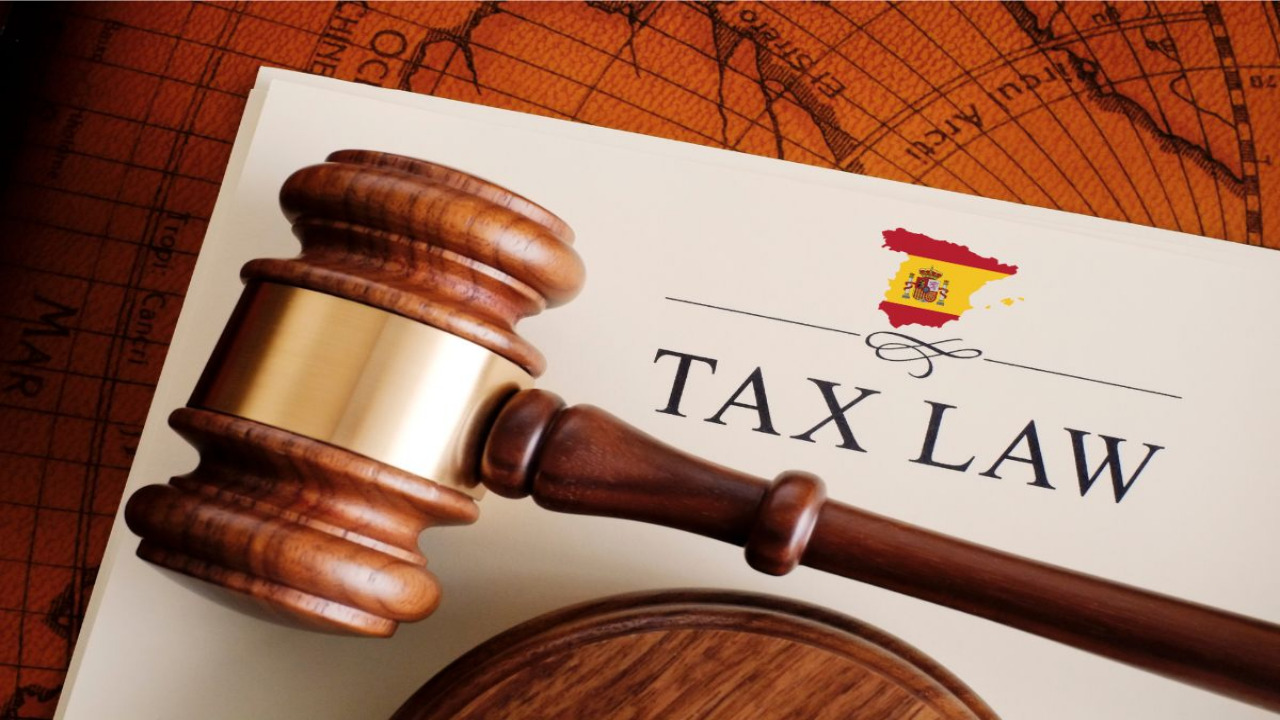Effective Simple Ways to Lower Your Taxes
Paying taxes is an essential responsibility for citizens in most countries, as it funds public services and infrastructure that benefit society as a whole. However, no one wants to pay more taxes than necessary. Luckily, there are several legitimate and effective ways to lower your taxes and keep more of your hard-earned money. In this article, we will explore some simple strategies that can help you reduce your tax burden.
Maximize Retirement Contributions

One of the most efficient ways to lower your taxable income is to contribute to retirement accounts, such as 401(k)s or IRAs. These contributions are typically tax-deductible, meaning they reduce your taxable income for the year in which you make the contribution. By maximizing your contributions to these accounts, you not only secure your financial future but also lower your tax liability. Visit this site right here and learn how to ease your financial documentation process and more.
Take Advantage of Tax Deductions
Tax deductions are expenses or credits that can be subtracted from your taxable income, reducing the amount of tax you owe. There are various deductions available, such as medical expenses, charitable donations, and mortgage interest. Keeping detailed records of these expenses and working with a tax professional can help ensure you claim all the deductions you qualify for.
Utilize Tax Credits

Tax credits are even more potent than deductions, as they directly reduce the amount of tax you owe, dollar-for-dollar. Numerous tax credits are available for different circumstances, such as the Child Tax Credit, Earned Income Tax Credit, and Education Credits. Research and identify the credits that apply to your situation to maximize your tax savings.
Consider Tax-Loss Harvesting
If you have investments that have lost value, you can use a strategy called tax-loss harvesting. This involves selling these investments at a loss to offset gains from other investments, reducing your overall taxable income. However, be mindful of the tax rules surrounding this practice to ensure compliance.
Invest in Municipal Bonds

Investing in municipal bonds can be an attractive option for those seeking tax-free income. Interest earned from municipal bonds is generally exempt from federal taxes and often from state and local taxes as well. This can be especially beneficial for individuals in higher tax brackets.
Start a Small Business
Starting a small business or becoming self-employed can offer several tax advantages. Business owners can deduct business-related expenses, such as office supplies, travel costs, and even a portion of their home if it is used as a home office. Additionally, owning a business may open up opportunities for various tax credits.
Contribute to Health Savings Accounts (HSAs)
HSAs are a powerful tool for lowering taxes while saving for medical expenses. Contributions to an HSA are tax-deductible, and withdrawals used for qualified medical expenses are tax-free. If you have a high-deductible health insurance plan, consider opening an HSA to reap the tax benefits.
Gift to Charities
Giving to charitable organizations benefits the community and can lead to tax savings. Donations to qualified charities are tax-deductible, reducing your taxable income. However, ensure you keep proper documentation of your charitable contributions to claim the deductions.
Time Your Capital Gains and Losses
If you have investments subject to capital gains tax, strategically timing when you sell them can impact your tax liability. For example, if you anticipate being in a lower tax bracket in the coming year, you may want to delay selling investments with significant gains until then.
Be Aware of Tax Law Changes

Tax laws are subject to change, and staying informed about current tax regulations can help you optimize your tax planning. Follow updates from reliable sources or seek advice from a qualified tax professional to ensure you are aware of any new opportunities or potential pitfalls.
In conclusion, reducing your tax burden doesn’t have to be overly complicated. By taking advantage of available deductions, credits, and tax-efficient strategies, you can effectively lower your taxes and keep more of your income. However, it’s essential to approach tax planning with accuracy and honesty to avoid any legal issues. When in doubt, consult with a knowledgeable tax advisor to create a personalized plan that aligns with your financial goals.



